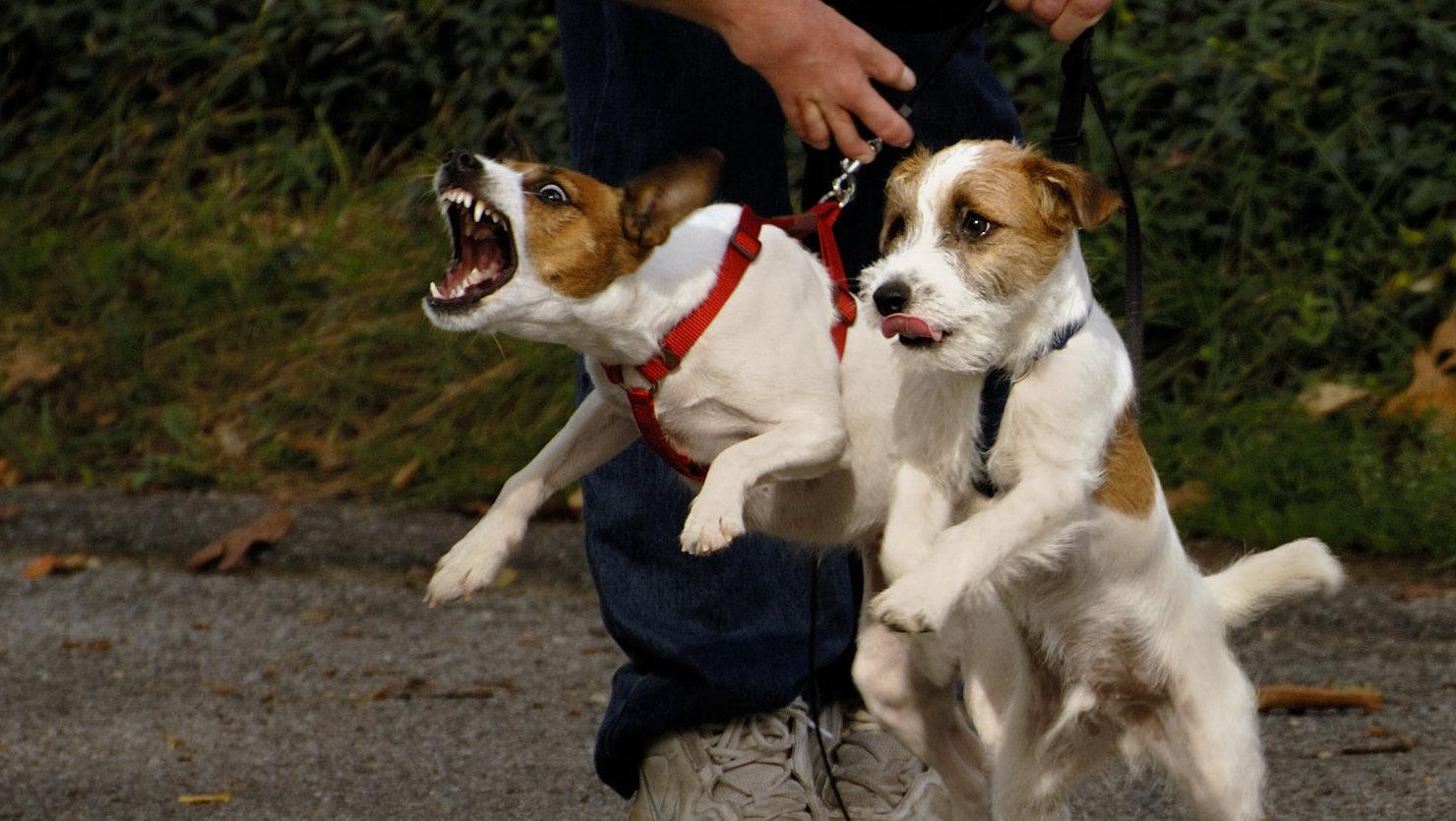Understanding Dog Reactivity

Here at Off Leash K9 Training, Georgia, we understand that many dog owners struggle with their dogs’ reactivity. Reactivity is a common issue among dogs and can be caused by a variety of factors. In this article, we will discuss the main things dogs are reactive toward, why they are reactive, and ways to address reactivity.
What is Dog Reactivity?
Dog reactivity refers to a dog’s tendency to overreact or become excessively excited in response to certain stimuli which can be a friendly or aggressive behavior. This could be anything from other dogs, people, noises, or objects. Reactivity can manifest in a variety of ways, including barking, lunging, growling, or even aggressive behavior.
Main Things Dogs are Reactive Toward:
Dogs can be reactive toward a variety of things, but the most common triggers include:
- Other dogs: Many dogs become reactive when they see or hear other dogs. This could be because of fear, territorial behavior, or past negative experiences with other dogs.
- People: Some dogs are reactive toward people, particularly strangers. This could be because of fear, lack of exposure, territorial behavior, or past negative experiences with people.
- Noises: Some dogs are reactive to loud or sudden noises, such as thunderstorms, fireworks, or even vacuum cleaners.
- Objects: Some dogs become reactive toward objects, such as bicycles, skateboards, or even cars.
Why Are Dogs Reactive?
There are a variety of reasons why dogs become reactive. Some common causes of reactivity include:
- Fear: Many dogs become reactive because of fear. This could be fear of other dogs, people, or even objects.
- Lack of Socialization: Dogs that are not exposed to a variety of people, animals, and environments during their critical socialization period may become reactive later in life.
- Past Trauma: Dogs that have had negative experiences with certain stimuli, such as other dogs or people, may become reactive in the future.
- Territorial Behavior: Dogs that are protective of their territory, such as their home or yard, may become reactive toward people or animals that enter their space.
Ways to Address Reactivity:
If your dog is reactive, there are several things you can do to help address the issue. Some effective ways to address reactivity include:
- Training: You can only address any behavior issues after you dog fully understands what is expected of them when given commands otherwise it is like someone speaking to you in an unknown language with no context. Enrolling your dog in training classes and exposing them to a variety of people, animals, and environments can help reduce reactivity.
- Counter-Conditioning and Socialization: This involves changing your dog’s emotional response to certain stimuli. For example, if your dog is reactive to other dogs, you can gradually expose them to other dogs while providing balanced reinforcement, such as treats or praise after they are brought to a neutral state of mind through obedience.
- Desensitization: This involves gradually exposing your dog to the trigger that causes their reactivity, starting at a distance and gradually moving closer after they are brought to a neutral state of mind through obedience. This can help reduce their reaction over time.
In conclusion, dog reactivity is one of the most common issue that many dog owners face. Dogs can be reactive toward a variety of things, including other dogs, people, noises, and objects. Understanding why your dog is reactive and using effective training techniques can help reduce their reactivity and improve their overall behavior. We now offer a Dog Reactivity Package that focuses on this particular problem. Off Leash K9 Training, Georgia is here to help you and your furry friend overcome reactivity and achieve a happy, healthy relationship.

